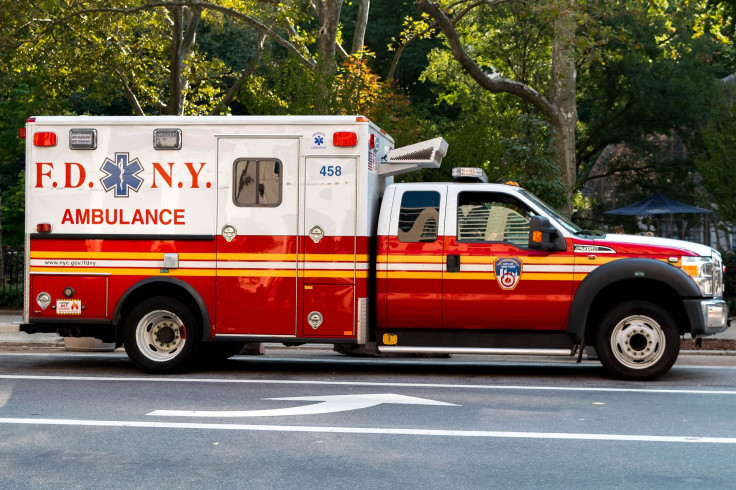Would You Ride In A Driverless Ambulance? The Surprising Answer Reveals Who's Angry, Scared, Or Happy

Women are not as on board as men when it comes to driverless ambulances, even if it means another paramedic would be treating them during a medical emergency. In fact, women were more likely to feel angry at the prospect of riding in an automated ambulance, while men felt either fear — or happiness.
Those findings were presented in New Orleans at the International Symposium on Human Factors and Ergonomics in Health Care conference, according to a HealthDay report, and they speak to public attitudes about automated vehicles as the technology advances and we get closer to having driverless cars on the road.
Read: These D.C. Ambulances Can Detect Nuclear Radiation
With an ambulance, particularly in an area with limited funds to support an ambulance district, the advantage of a driverless vehicle would be that instead of having a paramedic at the wheel, that former driver would be free to help another first responder treat the patient. On top of that, “an automated ambulance would allow patients to get to the hospital much more quickly and smoothly,” study co-author Joseph Keebler, a professor at Florida’s Embry-Riddle Aeronautical University, said in the HealthDay report.
But in a survey of more than 1,000 adults, most said they would prefer a “conventional ambulance” take them to the hospital. Women were more likely than men to want that familiar vehicle. “Subsequent research found that people who judged themselves as more ‘emotional’ were less apt to embrace the idea of a driver-free ambulance,” HealthDay said.
However, the study authors suggested as driverless cars become a more common sight, people may warm to the idea of having a driverless ambulance.
That time might be just around the corner: Taxi company Uber is trying to get a driverless fleet on the streets in California and, in the realm of making things more automated, Google is attempting to create “ambulance drones” that would be able to reach isolated people during medical emergencies.
See also:
© Copyright IBTimes 2025. All rights reserved.



















